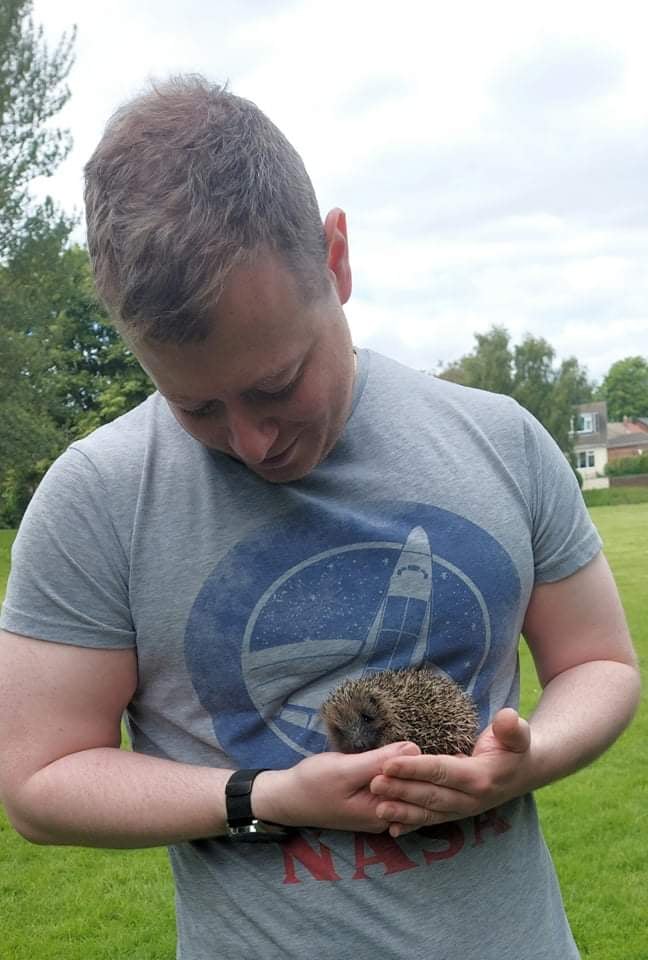
A University of Sunderland graduate is working to help those displaced by the terrorist group Boko Haram in his home country of Nigeria and has set his sights on solving more of the public health challenges that are prevalent in Africa.
Dr Attahiru Bello has been conducting health needs assessments for internally displaced persons of Boko Haram in Yola.
Dr Bello has been conducting health needs assessments in collaboration with the International Coalition for the Eradication of Hunger and Abuse (ICEHA) and PROJECT 3CER – a coalition of civil society groups on child education and rights.
The 33-year-old, who graduated last November with an MSc in Public Health, was part of the team that conducted the first phase of healing through art – a form of psycho-social rehabilitation.
Dr Bello will also be part of the second phase which began earlier this month.
He said: “I hope to, with my medical background and knowledge of public health, work where I can have a direct positive impact on people living with public health burdens and challenges, especially in Africa.
“My future plan is to undergo a PhD in Public Health at the University of Sunderland, which I believe changed my life.
“I have a passion for teaching and research, which is thanks to the University.”
ICEHA is a charitable organisation established, in 2014, by a group of attorneys, veterinaries, advocates, and globally minded volunteers around the world.
It works to eradicate hunger and abuse by creating locally tailored programs focusing on sustainable results, customised to address the specific needs of individual communities.
Last year more than 30 people were killed and at least 80 injured in a suicide bomb attack on a market in Yola, for which Boko Haram were blamed.
The terrorist group is believed to have struck again on the following day, as two young girls, one only 11-years-old, were used as suicide bombers that killed 15 more.
The Australian think-tank, the Institute for Economics and Peace, recently named Boko Haram, as the deadliest terror group in the world, and, with the new Nigerian government still struggling to oppose them, the crisis of displaced people looks set to worsen.
During his time in the North East, Dr Bello enjoyed the friendly and welcoming atmosphere of the region and spoke of how the course directly related to the practical, life-changing work, he is doing in Nigeria.
Dr Bello added: “No words, written or spoken, can aptly describe my experience.
“The modules were a true reflection of public health issues, especially in the tropics. It was therefore not difficult to reconcile what was learnt in Sunderland to what is obtainable in Africa.”



